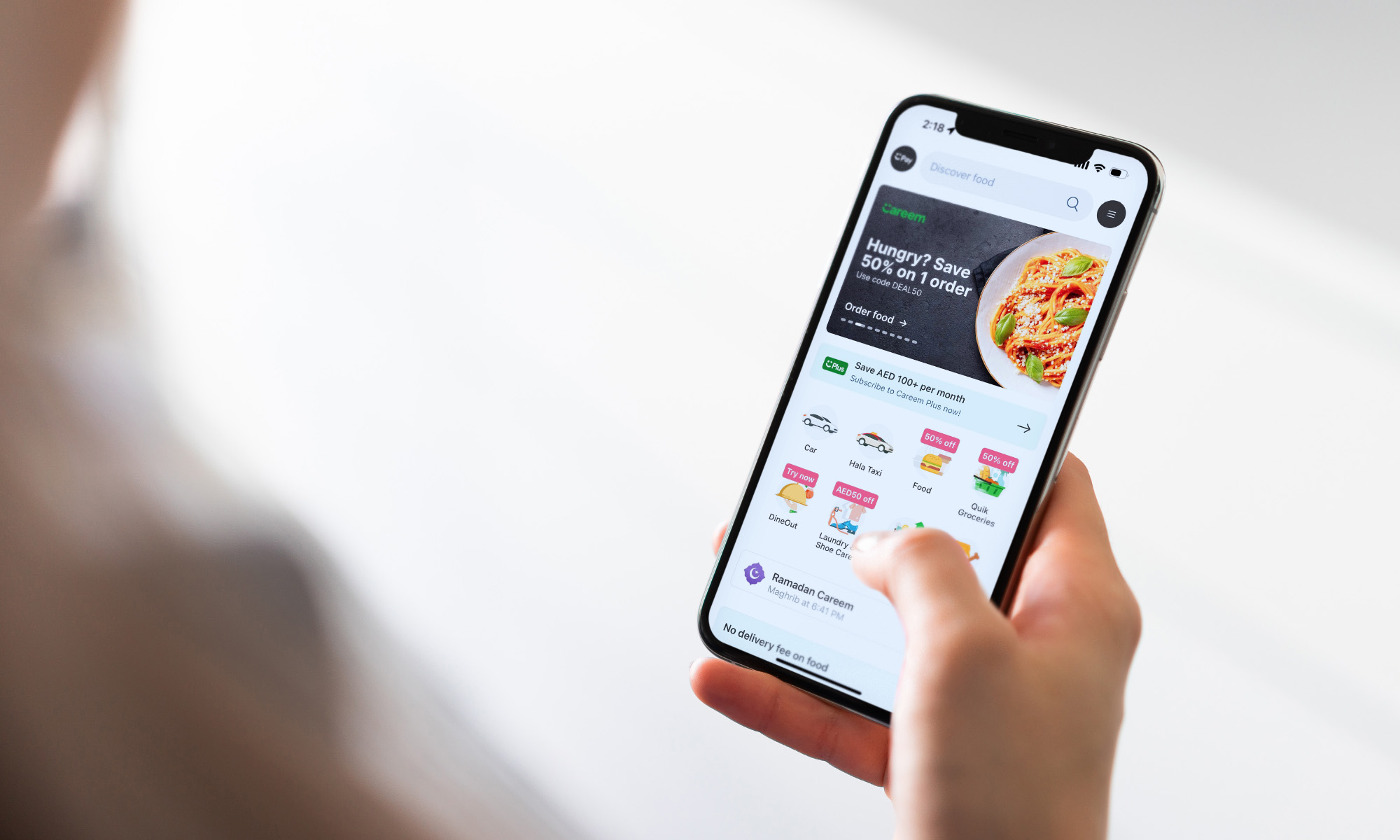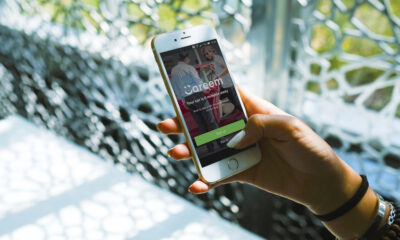News
e& To Become A Major Stakeholder In The Careem Super App
e& will invest $400 million into the Careem Super App, in line with plans to transform the brand into a global technology and investments group.

e& has announced a new $400 million deal with Uber, and its local subsidiary Careem. The technology and investment group will acquire a majority stake in the Careem Super App, though the ride-hailing service will remain in Uber’s ownership and continue to offer its existing food delivery, micro-mobility, and fintech services to customers across the MENA region.
“We are excited to bring e& into the family. Their passion for uplifting the region and the synergies across their portfolio is extremely valuable. With two strong partners in e& and Uber, I have no doubt that we will build the preeminent technology platform of the region,” says Mudassir Sheikha, Careem CEO, and co-founder.
Careem will use the investment to expand core services and the Careem Plus subscription program, with the aim of becoming North Africa and the Middle East’s “everything app”.
Careem expects significant benefits from the e& partnership, including access to a customer base of 163 million subscribers across 16 countries. The investment will also unlock e&’s extensive experience in scaling complex tech ventures into new regions.
Also Read: A Guide To Digital Payment Methods In The Middle East
“The shared vision between e& and Careem is exciting, and we believe that together we’ll be able to enhance our impact across different markets in the region while pushing the boundaries of customer experience,” says e& Group CEO Hatem Dowidar.
Since being acquired by Uber in 2020, Careem has evolved into a multi-service app offering more than 12 individual services. Since the COVID-19 pandemic, UAE food delivery subsidiary Quik has grown 46X, with orders increasing by 86%. Meanwhile, micro-mobility service Careem Bike saw gains of 61%, while the company also brought new third-party services under its umbrella, including rental cars, spas, and laundry services.
Completion of the latest deal with e& will see even more comprehensive services offered, though the investment is still subject to regulatory approval and other administrative procedures.
News
Mamo Completes $3.4M Funding Round To Enhance Fintech Services
The startup will use the influx of cash to expand into Saudi Arabia and across the wider GCC while improving its product offering.

UAE-based fintech Mamo has announced the completion of a $3.4 million funding round that will help the startup extend its market presence and improve its product offering. Investors included 4DX Ventures, the Dubai Future District Fund and Cyfr Capital.
Mamo’s platform offers “payment collection, corporate cards and expense management” to help small and medium-sized businesses consolidate and streamline their operations. With the latest influx of capital, Mamo will further develop its comprehensive suite of services and begin testing its product lines in Saudi Arabia, further extending its footprint across the GCC.
Imad Gharazeddine, co-founder and CEO of Mamo, stated: “We’ve been in the market for a while now and are incredibly proud of what our team has achieved. The holistic and expansive nature of our product offering has helped us continue to grow sustainably. This additional funding will allow us to reach our medium-term goals even faster. The support from new and existing investors is a testament to our strong expertise and the ability to deliver on our customer promise”.
Daniel Marlo, General Partner of lead investor 4DX Ventures, added: “We have immense trust in Imad’s vision, leadership and Mamo’s innovative approach to provide a user-friendly and comprehensive financial solution for SMEs that makes financial management more accessible and efficient. We are proud to partner with them and support their mission”.
Also Read: A Guide To Digital Payment Methods In The Middle East
Amer Fatayer, Managing Director of Dubai Future District Fund’s investment team, also commented: “Mamo’s localized product lines serve as an infrastructure for SME payments and spend management in UAE, a segment that is underserved by the country’s current banking infrastructure. The team has taken a product-first approach to consolidating SMEs’ financial journeys and building a fintech solution deeply embedded in a business’s core operations”.
To date, Mamo has raised around $13 million in investment funding and now boasts a team of 30 people. The company’s intuitive financial services platform has allowed over 1,000 businesses to consolidate their financial operations and significantly reduce payment fees.
-

 News4 weeks ago
News4 weeks agoAmazon Prime Day 2024: Get Ready For 6 Days Of Amazing Deals
-

 News4 weeks ago
News4 weeks agoSamsung Unpacked 2024: What To Expect From The July 10 Event
-

 News4 weeks ago
News4 weeks agoCoursera Report Shows Surge In UAE Interest In AI Upskilling
-

 News4 weeks ago
News4 weeks agoMeet Dubai’s Groundbreaking Smart Robot Delivery Assistant
















